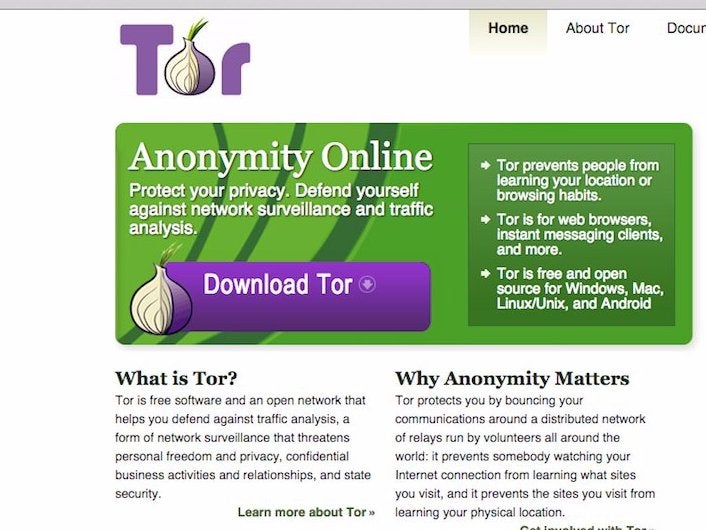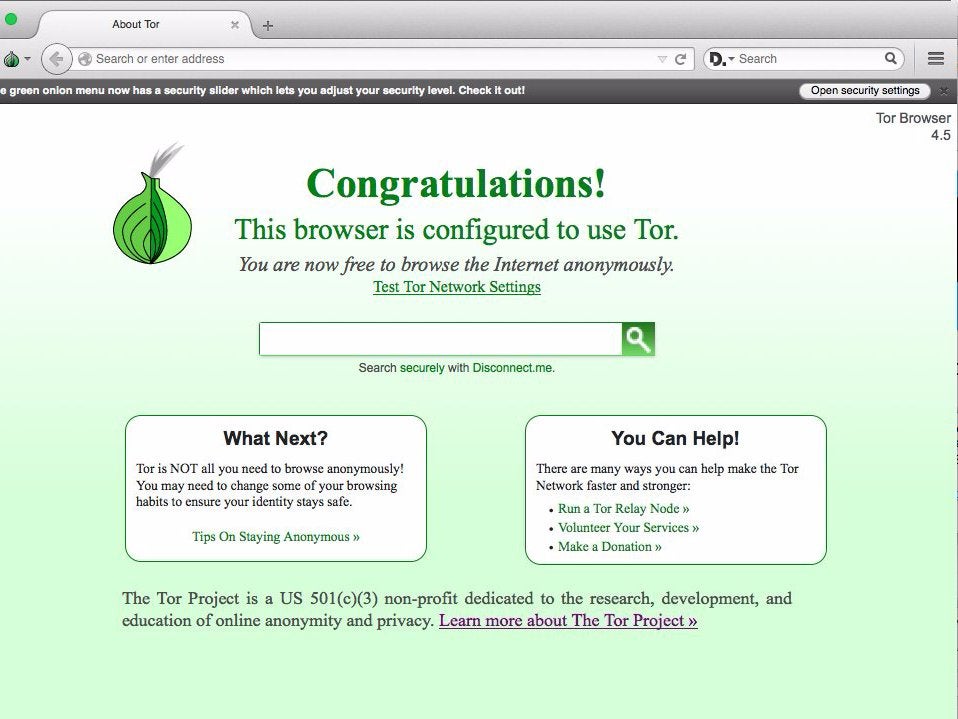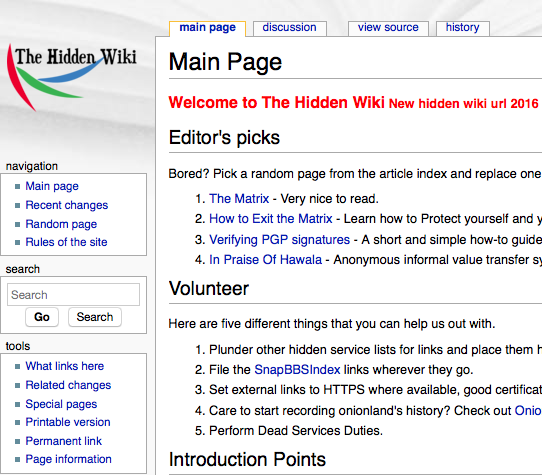
Your support helps us to tell the story
From reproductive rights to climate change to Big Tech, The Independent is on the ground when the story is developing. Whether it's investigating the financials of Elon Musk's pro-Trump PAC or producing our latest documentary, 'The A Word', which shines a light on the American women fighting for reproductive rights, we know how important it is to parse out the facts from the messaging.
At such a critical moment in US history, we need reporters on the ground. Your donation allows us to keep sending journalists to speak to both sides of the story.
The Independent is trusted by Americans across the entire political spectrum. And unlike many other quality news outlets, we choose not to lock Americans out of our reporting and analysis with paywalls. We believe quality journalism should be available to everyone, paid for by those who can afford it.
Your support makes all the difference.So you want to know what happens in the dark alleyways of the internet?
The Dark Web was created by online activists who were trying to share content using the most private methods. Without a doubt, there are a bunch of places in this bizarre grove of the web that people should avoid at all costs.
But it's quite easy for people to access and is also a good lesson in how to best anonymize your web surfing.
What is the Dark Web?

Wired describes the Dark Web most succinctly as a “collection of thousands of websites that use anonymity tools like Tor and I2P to hide their IP address.” The key is decentralization, meaning that no regular browser (Chrome, Safari) can access these websites. Instead, the user must obfuscate their online identity to be granted access.
To many, the Dark Web is simply a place to buy bizarre and potentially illegal things. Silk Road was the first website to popularize this method. It trumpeted Tor browsing as the best way to avoid online surveillance. It wasn't just a way to buy illegal goods, but it also deanonymized web browsing as a political ethos.
Beyond illicit marketplaces like Silk Road, there's much more to see. For instance, it's the best way for privacy activists to communicate with one another. There are also numerous online boards, wikis, and chats for people trying to divulge information they don't want associated with their identity.
The best kinds of Dark Web content are the privacy and ideological discussions.
The Dark Web has led to some giant news stories, like the Snappening
The Dark Web first entered the mainstream thanks to the now-defunct underground marketplace known as Silk Road. It was the first online market where people could buy nearly anything — drugs, guns, you name it.
The Snappening, a 2014 scandal in which Snapchat users' private photos were put online, was first posted on Dark Web websites. And the film “Citizenfour” documented how filmmaker Laura Poitras, journalist Glenn Greenwald, and whistleblower Edward Snowden communicated using online Dark Web-esque tools.
Get on the Tor network

The easiest way to obfuscate your IP address — a precondition for operating the Dark Web — is to use a tool known as a Tor browser. It was built by a group of volunteers who dub themselves the Tor project. The browser looks similar to any other normal web browser, but it works by sending any online request (i.e., which website you want to browse) to another person's network, which is then sent to another person's network, which is then finally sent to the intended recipient. This means it is difficult to track precisely who is viewing what website. It also means the internet runs much slower because every request is being routed to more places than usual.
To download Tor you go to the Tor Project's website and follow the instructions. There are also a bunch of other interesting articles and forums about what the Tor project does and online anonymity in general.
For most people trying to use Tor, you need to click "Connect". But if you are on an existing network that requires a proxy to access the Tor network, you may need to set up some personal configurations.
For most people this will not be a problem, but if it is, you can easily find forums online teaching you to implement a configuration.
Ta-da! You're now on Tor!

Look! That seems like a normal web browser ... but it's also connected to Tor, which means you can now access Dark Web websites and have relatively more online privacy than before.
What now??
Technically, you are now on the Dark Web. But it also helps to know where to access some of the deeper websites.
Reddit is most likely your best bet. It has subreddits dedicated to those hoping to learn the ins and outs of Dark Web browsing. The most popular are r/onions, r/Tor, and r/deepweb.
The subreddit r/onions is a great resource for finding actual Dark Web URLs. Sites that can be accessible only on Tor or other decentralized protocols end in “.onion.”
This subreddit contains some useful links to a few of the websites as well as a bunch of helpful discussions about what's going on in these virtual spaces.
The Hidden Wiki

A good resource is called the "Hidden Wiki". It attempts to be an updated resource for what's available to browse on the Dark Web. It links to marketplaces, discussion boards, search engines, financial services, and many other websites.
The URL to the Hidden Wiki has been known to change, but it is not too hard to find by entering a few search terms into the Tor search engine.
A note on anonymity ...
Just because you are using a Tor browser does not mean that you are safe and anonymous. Numerous methods have been shown to de-anonymize Tor. There a bunch of precautions you can take to further ensure an anonymous browsing experience. The Tor project lists a few of the best practices to follow while using it.
But it's also good to keep in mind that it's hard — perhaps even impossible — to be completely anonymous online.
And there you have it ...
While the Dark Web is a truly interesting digital subculture to enter, it can also get frightening. Many people turn to it to sell illegal substances and services, or even to post very disturbing imagery.
The Dark Web positions itself as an almost lawless digital space where nearly anything goes. While you can find places on these sites in which real content and discussions are being had, things can get unsettling.
Despite this, the Dark Web is important because it provides privacy and anonymity to users around the world. People use Tor-like programs in countries where censorship is rampant. Other people use these networks and social circles to whistle-blow against huge entities.
The best part of this sometimes eerie subculture is its emphasis on personal liberties and how it fosters safe digital practices.
Cale Weissman contributed to an earlier version of this post.
Read more:
• 13 useful life hacks you can learn in a minute
• Why Microsoft's chatbot turned into a racist
• Everyone is worried that the China bubble will pop
Read the original article on Business Insider UK. © 2016. Follow Business Insider UK on Twitter.
Join our commenting forum
Join thought-provoking conversations, follow other Independent readers and see their replies
Comments